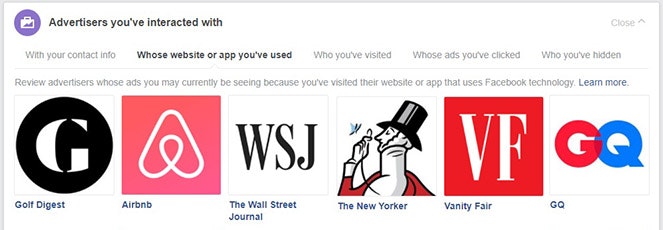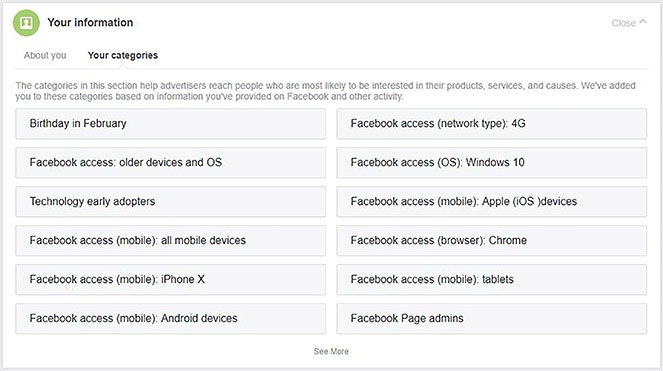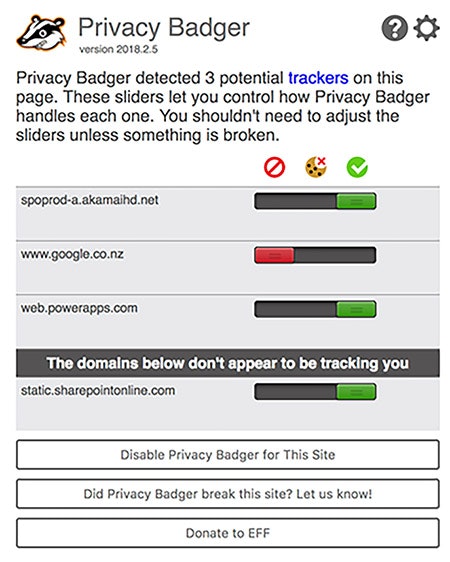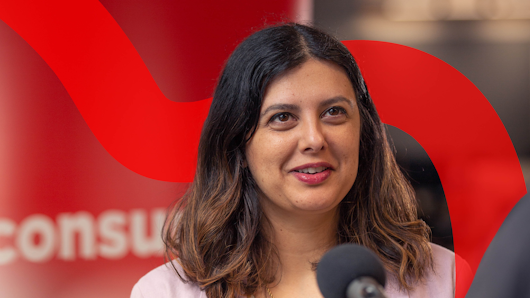We all know Facebook collects our data, but do you know how much it harvests? Here are some steps you can take to control what it collects and shares about you.
Facebook recently added a “Protect” item to its iOS mobile app menu. Protect takes you to an app for Onavo, a Facebook-owned VPN (virtual private network).
VPNs keep your browsing secure while protecting your privacy online. Onavo does the first part but then collects your browsing data for Facebook. As the app description says: “[Onavo analyses] your use of websites, apps and data. Because we’re part of Facebook, we also use this info to improve Facebook products and services ...”
In other words, it’s a way for the social media giant to track your online activity while you aren’t using Facebook. Or, to be exact, another way.
Never think Facebook “only knows what I tell it”. You’ve already told the social media giant a lot about yourself simply by using it.
What does Facebook know about you?
I asked Consumer writers to check what Facebook knew about their profiles. Many had Golf Digest listed as a brand they had interacted with, though none could remember doing so. The golfing magazine is part of the Conde Nast group, as are Vanity Fair and The New Yorker. Interact with one of Conde Nast’s titles and you’ll be linked to all of them. You may not like golf, but maybe one of your friends does and now Conde Nast has access to your contacts.
If you’re curious about what information Facebook is sharing about you, then go to “Ads” under Settings. You’ll find what it knows you’re interested in, and what brands you like and have visited – and even some you haven’t.

Every time you use your Facebook details to log in to an app or website, data from that site get sent to Facebook. So signing in to Spotify reveals your favourite music, but much more personal information could be disclosed through Tinder. This info is used to show you ads. If you’ve visited a travel website, for example, you might then see ads for hotel deals in your Facebook news feed.
Facebook also allows businesses to “match” you. For example, if you give a supermarket your phone number or email address, it can add it to a customer list that can be matched to your Facebook profile, giving the supermarket more insight into your habits.
The image below shows just some of what Facebook knows about me. It knows all the ways I log in, as well as the email address I use to sign in, and how often I check the site. This is all useful information for advertisers – for example, I’ve been categorised as a “new smartphone and tablet user”, which could mean I’m more likely to buy expensive tech products.

Updating your settings

You could get rid of your Facebook account but, let’s be honest, for many people, social media is the simplest way to connect with others, read the news, and stay up to date with family and friends.
However, I recommend going through your Facebook settings to minimise what it collects and what it shares. This includes the privacy settings of what you share with other users and the ad settings of what you share with advertisers.
In the “Ads” settings, go to each tab and turn off all the sharing features. It won’t stop Facebook collecting the information, but it limits what it does with it.
Under “Privacy”, turn off the option that lets others tag you in photos. Facebook learns what your face looks like based on these tags. This means it can assume things, such as your race and gender, allowing you to be further targeted by advertisers.
I also recommend installing privacy software on your browser. I use the Privacy Badger extension tool from the Electronic Freedom Foundation, which stops Facebook tracking me across the web and learning my habits.

We can't do this without you.
Consumer NZ is independent and not-for-profit. To help us get a fairer deal for all New Zealand consumers, you can make a donation. We’ll use your contribution to investigate consumer issues and work for positive change.